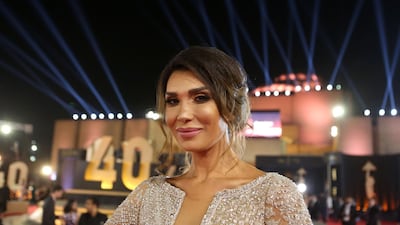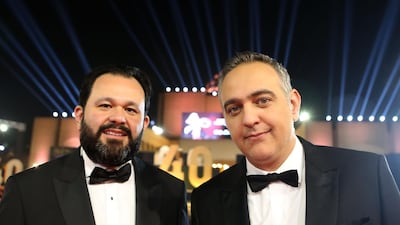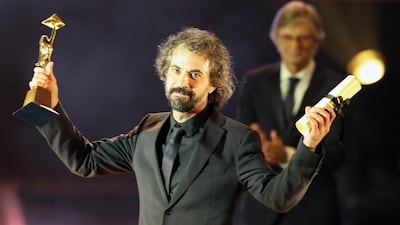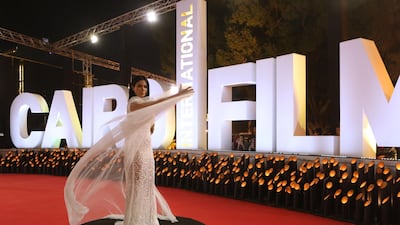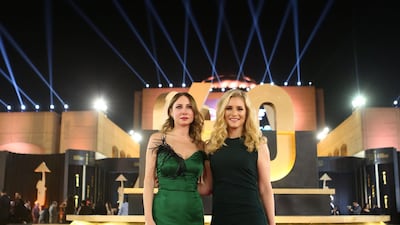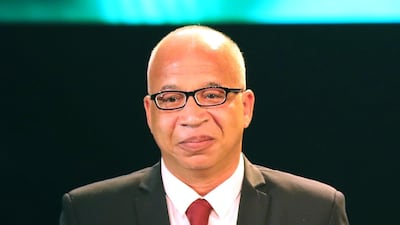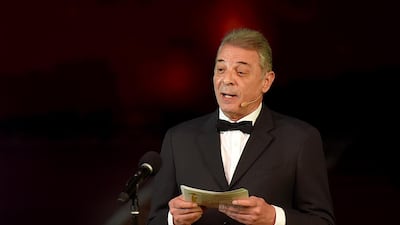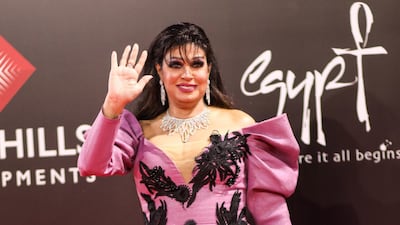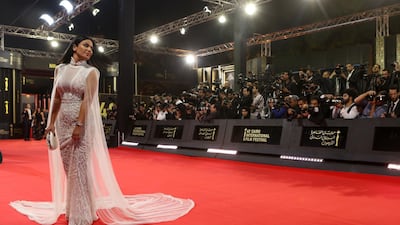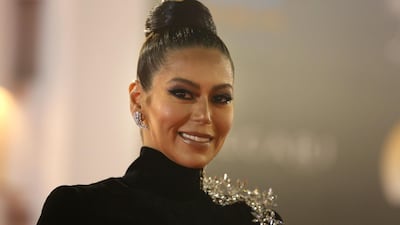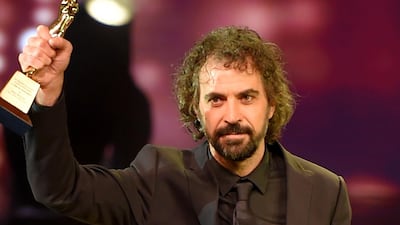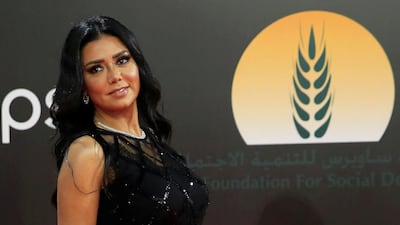Egyptian title Poisonous Roses and Tunisian family drama Fatwa were the big Arab winners at the 40th Cairo International Film Festival, one of only 15 film festivals in the world to hold the highest-rated A status.
Big winner: Poisonous Roses
It was a great night on Thursday for Poisonous Roses director Ahmed Fawzy Saleh, his film won the $15,000 Horizons of Arab Cinema Competition Best Arab Film Prize, the Salah Abu Seif Special Jury Prize and the United Nations Population Fund (UNFPA) Award.
Poisonous Roses is based on Ahmed Zaghloul Al-Shiti's 1990 novel Saqr's Poisonous Roses. The story follows Saqr and his efforts to escape from the rundown Cairo district where he lives and works.
The other top film: Fatwa
On the back of winning the Best Film and Best Actor for Ahmed Hafiane at the Cartage Film Festival, Mahmoud Ben Mahmoud's Fatwa won the Saad Eldin Wahba Prize for Best Arab Film awarded by a jury comprising Egyptian director AB Shawky, Tunisian actress Aicha Ben Ahmed and Festival programmer Mouhamed Keblawi.
Taking place in 2013, Fatwa tells the story of Brahim, played by Hafiane, who returns to Tunisia from France after his son dies in a motorcycle accident and finds a country changed after the Jasmine revolution, but not in ways one might expect.
The best non-regional film: A Twelve-Year Night
The Golden Pyramid for best film presented by the International Competition jury went to writer and director Alvaro Brechner's A Twelve-Year Night, which tells the true story of three members of the Tupamaro urban guerrillas imprisoned at the onset of Uruguay's military dictatorship from 1973 to 1985.
They remained in solitary confinement for the whole 12 years, and were taken to around 40 prisons in the country. One of the men imprisoned, José Alberto "Pepe" Mujica Cordano would go on to become the 40th President of Uruguay between 2010 and 2015.
Other key winners
Egyptian actor Sherif Desoky won the prize for Best Actor for his turn as a taxi driver in Ahmad Abdalla El Sayed's Egyptian and Emirati co-production EXT. Night. Awarded post-production funding by the Dubai International Film Festival EXT. Night tells the story of a frustrated middle-class independent Arab filmmaker who spends a night out in Cairo's underbelly looking for inspiration for his next script.
Best Actress went to Hungarian film One Day's leading lady Zśofia Szamosi. The Silver Pyramid for best director was taken home by Thai director Phuttiphong Aroonpheng for his film Manta Ray.
Jamie Jones, the British director of Obey, won the Bronze Pyramid for Best First or Second work of a director. The Naguib Mahfouz Prize for Best Script went to Maria Camila Arias and Jacques Toulemonde Vidal who penned the excellent drug parable Birds of Passage, directed by Cristina Gallego and Ciro Guerra.
A star at the festival: Ralph Fiennes
The international star of Cairo was undoubtedly British actor and director Ralph Fiennes. Famed for his appearances in The English Patient and Schindler's List, Fiennes came to Cairo to pick up the Faten Hamama Honorary Award, and to present the MENA premiere of his third directorial effort White Crow, a Cold War thriller set around the defection from the Soviet Union of legendary ballet dancer Rudolf Nureyev.
He also held an engrossing masterclass in which he spoke about his career that's seen him play figures as diverse as Wuthering Heights's Heathcliff and Harry Potter's Voldemort.
Fiennes revealed that he originally turned down the role of the Potter villain until his sister Martha Fiennes sat him down in front of his nieces and nephews for them to explain the cultural significance of the role. More controversially he thanked Harvey Weinstein for providing the financing that ensured The English Patient was made.
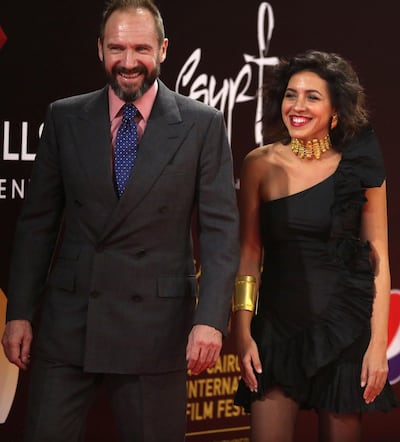
Talking to The National about White Crow he said, "For 20 years this is the story that has always sat on my shoulder as an idea for somebody and I guess that somebody became me!"
The Faten Hamama excellence award was handed to composer Hesham Nazih. The 46-year-old Egyptian's first score was for Adel Adib's 1998 film Hysteria and his credits include Aswar Al-Qamar, Al-Asleen and Hepta, for which he was awarded best soundtrack at the Arab Cinema Awards.
The festival also held tributes to British director Peter Greenaway and to the famed Egyptian actor Hassan Hosny, who has been lighting up screens for over five decades. Born in 1931 in Cairo, the actor is a legend of Egyptian cinema and shows no signs of stopping, having appeared most recently in Tamer Hosney's The Suit.
____________________
Read more:
'10 Days Before the Wedding': Yemen's first-ever Oscars submission to release in UAE cinemas
'About A War' documentary recalls the Lebanese civil war through three ex-fighters
Saudi film ‘Amra and the Second Marriage' tackles a shift in tradition
Emirati film 'Shabab Sheyab' becomes first GCC film to play in Saudi cinemas
____________________
